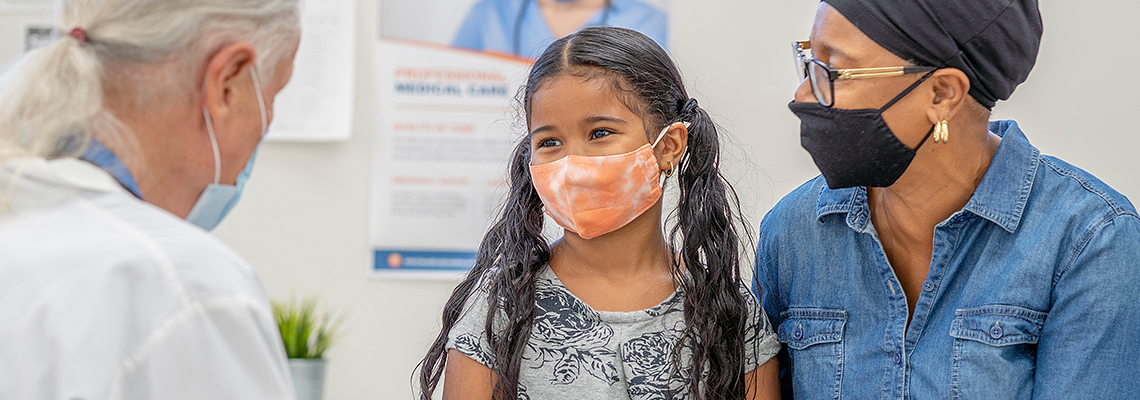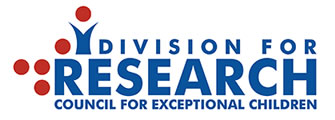
Whether it’s a yearly check-up with your pediatrician or an appointment with a new medical specialist (eye doctor, allergist, etc…), getting through doctor’s appointments for your child can be a challenge. During these visits, parents have a lot of responsibilities: taking care of and managing the behaviors of your child, responding to health care providers’ questions (some of which can really test your memory), bringing up concerns you have about your child and their health, and managing your own emotions, to name a few.
It’s very common to leave your child’s medical appointments feeling exhausted. It’s also common to get home and think “Wait! I forgot to ask about something really important!” We’re hopeful that with some preparation, these appointments can be less stressful.
Things To Do Before Your Visit
- Make a list of goals for the visit and questions you have for your medical provider. (Tip: Keep the list of goals/questions to 3-5 based on what’s most important at that time).
- Prepare/organize your child’s medical records to be brought to the medical visit. Examples of medical records are: list of providers your child sees, list of medications, updated insurance card, etc.)
- Make a plan of how you’d like to document information given to you during the medical visit. For example, writing notes in a notebook or typing them into your phone.
- Identify someone (i.e. family member or close friend) to attend the medical appointment with you and your child. Having an additional person can be helpful to entertain your child and/or help you process/document the information given in the visit. Important note: check with your clinic regarding COVID visitor guidelines.
- Call ahead to your clinic to request an interpreter to be available during the medical visit, if needed.
- Pack an activity and/or snack for your child. Great examples for snacks are: granola bars, fruit snacks, crackers, juice, and water.
Things To Do During Your Visit
- Request an interpreter if needed upon check-in.
- Request a school/work excuse note at check-in. This way you won’t have to think about it when meeting with the doctor.
- Offer prepared activity/snack to your child should they need it. If available, ask for support from your medical team (some offices have volunteers or Child Life Specialists available to help with managing behaviors
- so you can focus on meeting with the doctor).
- Answer questions from the provider honestly—this allows them to create an appropriate plan for your child.
- When unsure, ask questions and repeat back what you understand. For example: “You told me the next step of treatment, but I’m not sure I understood. Could you tell me again?”
- If you’re unable to bring someone with you to the appointment, don’t be afraid to use your phone to call or FaceTime someone to be a part of the visit. Just be sure to let your provider know what you’re doing. For example: “Dr. Blue, it sounds like you’re going to go over important information, I’d like to call my sister so she can listen in to what you’re going to say.”
- Don’t be afraid to take notes during the visit. Feel free to use paper and pen or your phone.
- If during the visit you start to feel overwhelmed or rushed, ask for a moment to take a deep breath or step out to take a short break.
- If appropriate (e.g., given your child’s age), make sure your child has a chance to ask questions/participate in the visit.
- Request handouts or written instructions if these aren’t provided to you.
Things To Do After Your Visit
- Give yourself a pat on the back. You did it! Plan a small treat for you AND your child. For kids, a big hug or high five, singing along to a favorite song on the way home, or visit someplace special (like a park or store you don’t usually go to) can be great rewards.
- Check in with a family member or friend about how the visit went. It’s good to talk about the details of the visit (to help ensure your understanding) AND how you’re feeling about it.
- Check with your child to see if they have any questions, worries, or concerns after the visit.
- Review your notes from the visit. Add anything that will help you to remember and understand the information later.
- If you have follow-up questions, you can call the doctor’s office or use the app or website (e.g., MyChart) to send a message to your child’s provider.
- Make a plan for anything you need to do following the visit. Is there a prescription for you to pick up? Do you need to schedule an appointment with another provider? Is there any information to share with school?
- Making a plan will help ensure these tasks get completed!
- Make sure to jot down your child’s next appointment wherever you keep track of your schedule (on a paper calendar, in your phone, in a care planner).
While having a plan and being prepared are usually helpful, at the end of the day, there’s no way to predict exactly how the visit will go. Please remember to be kind to yourself! You’re having a conversation about something really important – your child and their health – the stakes can feel high! Know that, if things don’t go the way you hoped, there will be more opportunities to try again in the future.
For more information on communicating with your child’s doctors, please visit:
https://pedpsych.org/fact-sheets/
https://kidshealth.org/en/parents/talk-doctor.html
Driscoll, C. F. B., Bernal, B., & Hernandez, (January 08, 2022). Working with your child’s health care team: Communication tips for parents to help reduce stress http://infoaboutkids.org/blog/working-with-your-childs-health-care-team-communication-tips-for-parents-to-help-reduce-stress
















